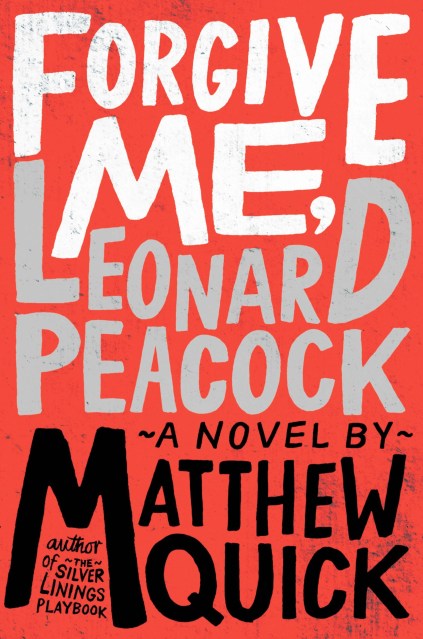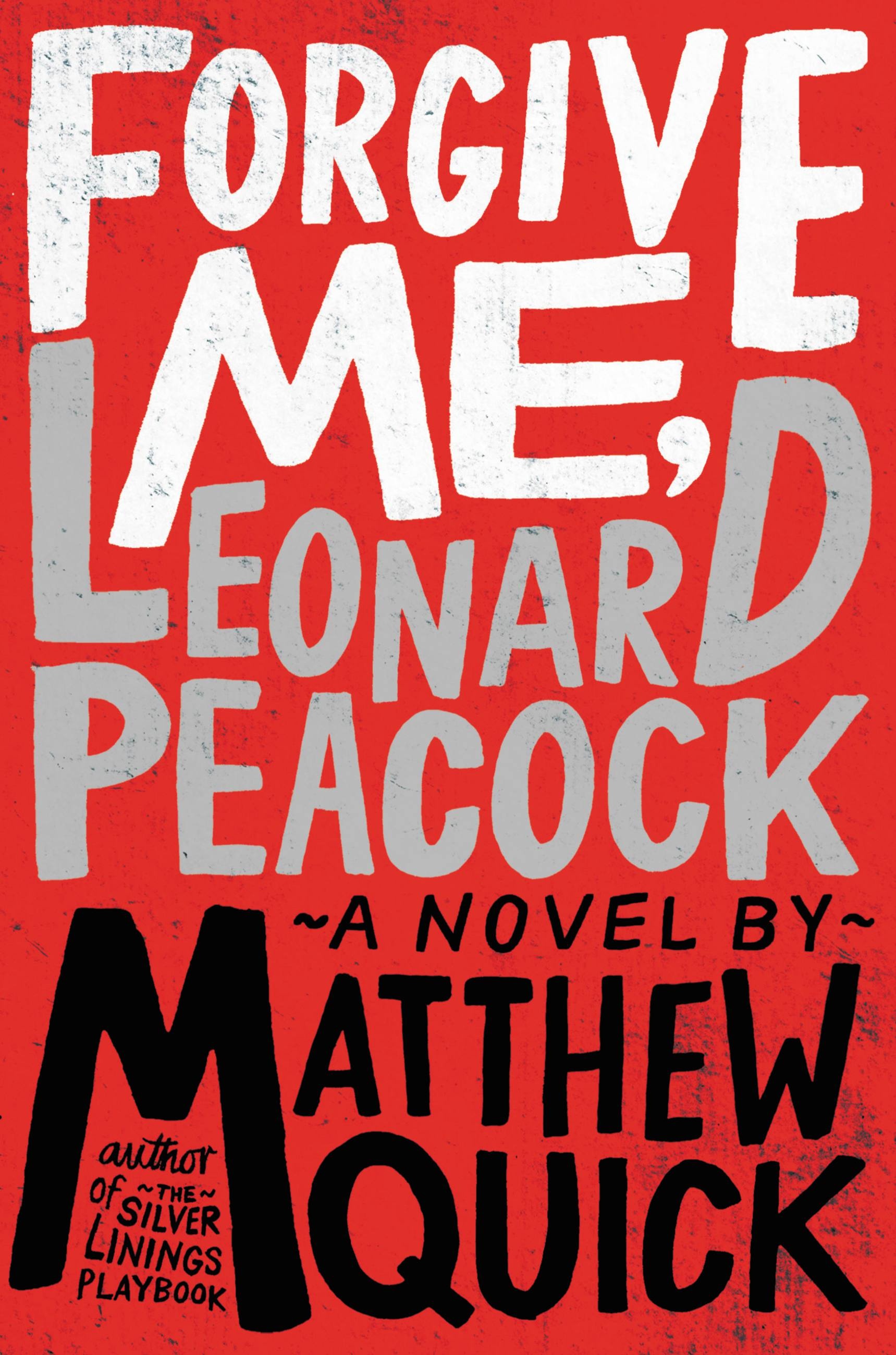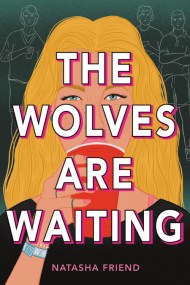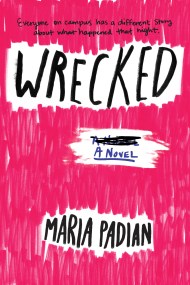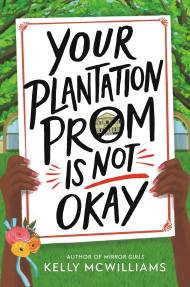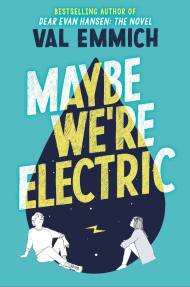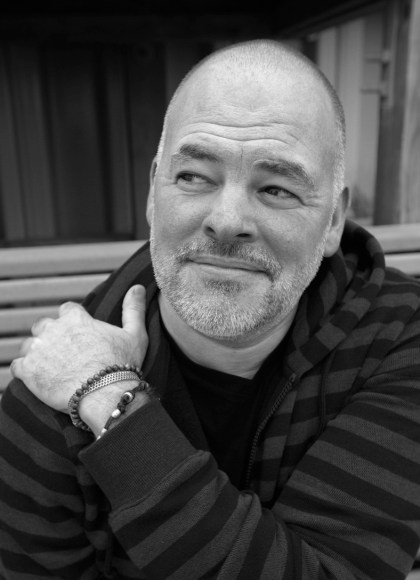Promotion
Use code MOM24 for 20% off site wide + free shipping over $45
Forgive Me, Leonard Peacock
Contributors
Formats and Prices
Price
$10.99Price
$14.99 CADFormat
Format:
- Trade Paperback $10.99 $14.99 CAD
- ebook $8.99 $10.99 CAD
- Audiobook Download (Unabridged)
This item is a preorder. Your payment method will be charged immediately, and the product is expected to ship on or around July 1, 2014. This date is subject to change due to shipping delays beyond our control.
Also available from:
★ "Brilliant…. The masterful writing takes readers inside Leonard's tormented mind, enabling a compassionate response to him and to others dealing with trauma." —School Library Journal, starred review
From New York Times bestselling author Matthew Quick comes an intensely compassionate and important book about a boy who brings a gun to school, and the people and experiences that force him to look beyond his pain.
In addition to the P-38, there are four gifts, one for each of my friends. I want to say good-bye to them properly. I want to give them each something to remember me by. To let them know I really cared about them and I’m sorry I couldn’t be more than I was—that I couldn’t stick around—and that what’s going to happen today isn’t their fault.
Today is Leonard Peacock’s birthday. It is also the day he hides a gun in his backpack. Because today is the day he will kill his former best friend, and then himself, with his grandfather’s P-38 pistol.
But first he must say good-bye to the four people who matter most to him: his Humphrey Bogart-obsessed next-door neighbor, Walt; his classmate, Baback, a violin virtuoso; Lauren, the Christian homeschooler he has a crush on; and Herr Silverman, who teaches the high school’s class on the Holocaust. Speaking to each in turn, Leonard slowly reveals his secrets as the hours tick by and the moment of truth approaches.
In this riveting look at a day in the life of a disturbed teenage boy, acclaimed author Matthew Quick unflinchingly examines the impossible choices that must be made—and the light in us all that never goes out.
Genre:
-
Publishers Weekly Best Book
-
"Books like Quick's are necessary...We should be grateful for a book that gets kids, and the leaders they'll become, thinking about the problem now."The New York Times
-
"Full disclosure: you might need tissues to make it through Leonard Peacock, but even if you don't, you'll likely be touched by Leonard's story."Entertainment Weekly
-
"At a time when bullying and gun violence is at the top of the national conversation, this novel servies as a literary segue for teens, parents and teachers into an open dialogue on sensitive topics."USA Today
-
"If only Hollywood could get novelist Matthew Quick to write faster. Everything the Massachusetts-based writer pens seems to be scooped up by the studios as soon as the books are bound."The Los Angeles Times
-
*"Quick's use of flashbacks, internal dialogue, and interpersonal communication is brilliant, and the suspense about what happened between Leonard and Asher builds tangibly. The masterful writing takes readers inside Leonard's tormented mind, enabling a compassionate response to him and to others dealing with trauma."School Library Journal (starred review)
-
*"Quick's attentiveness to these few key relationships and encounters gives the story its strength and razorlike focus...Through Leonard, Quick urges readers to look beyond the pain of the here and now to the possibilities that await."Publishers Weekly (starred review)
-
"Over the course of one intense day (with flashbacks), Leonard's existential crisis is delineated through an engaging first-person narrative supplemented with footnotes and letters from the future that urge Leonard to believe in a "life beyond the übermorons" at school. Complicated characters and ideas remain complicated, with no facile resolutions, in this memorable story."The Horn Book
-
"...the novel presents a host of compelling, well-drawn, realistic characters-all of whom want Leonard to make it through the day safe and sound."Kirkus
-
"Quick is most interested in Leonard's psychology, which is simultaneously clear and splintered, and his voice, which is filled with brash humor, self-loathing, and bucket loads of refreshingly messy contradictions, many communicated through Leonard's footnotes to his own story. It may sound bleak, but it is, in fact, quite brave, and Leonard's interspersed fictional notes to himself from 2032 add a unique flavor of hope."Booklist
-
"This is one of the most important books of our time."A.S. King, Printz Honor author of Everybody Sees the Ants and Ask the Passengers
-
"Leonard's life teeters dangerously between moments of pain and beauty. A fast read, because I needed to keep reading. I will not forget Leonard Peacock. I love this book."Jay Asher, #1 New York Times bestselling author of Thirteen Reasons Why and The Future of Us
- On Sale
- Jul 1, 2014
- Page Count
- 304 pages
- Publisher
- Little, Brown Books for Young Readers
- ISBN-13
- 9780316221351
Newsletter Signup
By clicking ‘Sign Up,’ I acknowledge that I have read and agree to Hachette Book Group’s Privacy Policy and Terms of Use
